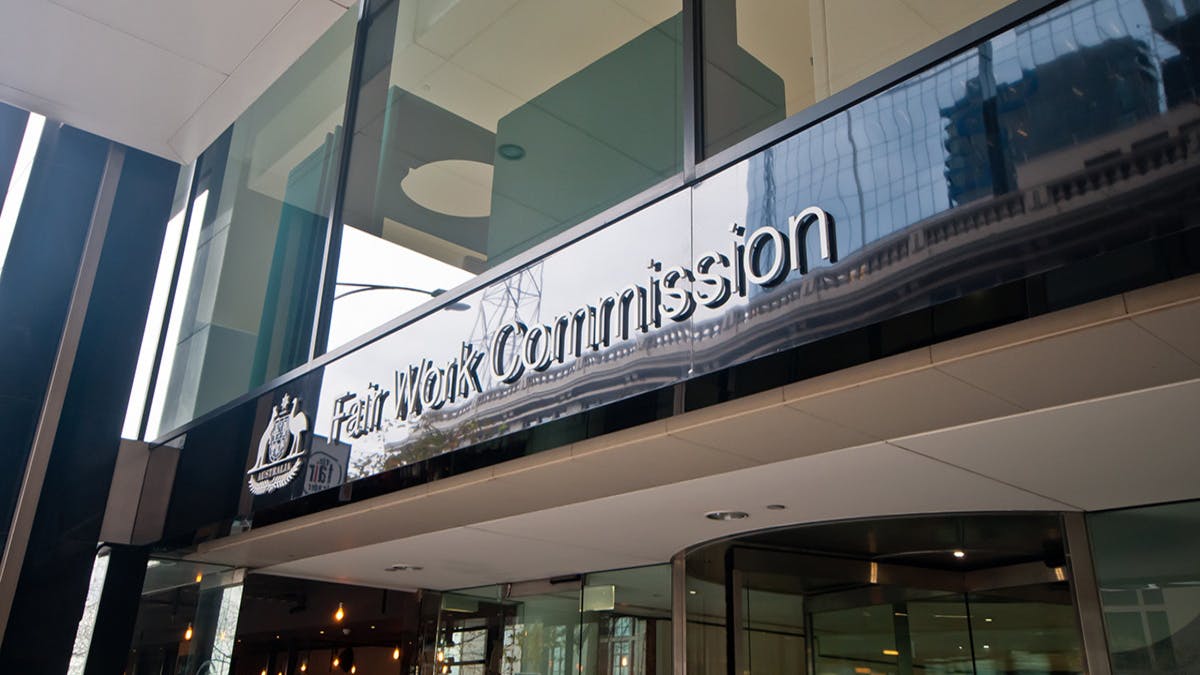In its annual compensation review, the Fair Work Commission voted to raise the national minimum wage by 5.2 per cent.
The change comes after trade unions lobbied for a 5.5 per cent rise in the national minimum wage, while small businesses and employer groups were in favour of a more marginal increase.
Moreover, with the inflation rate of 5.1 per cent, which is at a 20-year high, it’s evident that SMEs’ ability to meet their goals this year is in jeopardy. As SMEs battle with rising cost implications and delays in passing these costs on to their consumers, this is likely to place extra strain on business cash flow.
According to the latest round of the SME Growth Index from ScotPac, 75 per cent of larger SMEs (revenue between $5 and $20 million) are concerned about rising wage costs, while 68 per cent of smaller SMEs (revenue between $1m and $5 million) cite rising employee expenses as their top concern for achieving revenue targets this year.
The Council of Small Business Organisations Australia (COSBOA) CEO Alexi Boyd said that the Fair Work Commission’s decision to raise the national minimum wage by 5.2 per cent and award minimum wages by 4.6 per cent would put additional pressure on small businesses already struggling with rising input costs.
Ms Boyd said “Many small businesses already pay above the minimum wage, but for those who do pay the minimum wage, this increase will be felt acutely – especially for those who already have debt accumulated from COVID lockdowns.
“Struggling to pay fixed costs is a difficult and stressful situation to be in. It’s really important that small businesses have access to trusted advisers who can work with them to manage the impact of this pay rise.”
Ms Boyd continued “The rise in the minimum wage is part of a pile-on of increased input costs such as superannuation, energy, loan repayments, rent, and wholesale prices. A lot of small businesses are just absorbing the costs. The latest ABS Business Conditions and
According to data released in May, 48percent of firms did not expect to raise prices in the following three months because they wanted to keep their clients or couldn’t because they were on fixed pricing contracts.
“With the news of this minimum wage rise, some businesses will decide to increase their prices, impacting not just consumers but also the small businesses in their supply chains.”
Ms Boyd added “Staff shortages continue to be the number one issue faced by small businesses. It’s holding them back from operating at their full capacity and bringing in the revenue they need to grow and pay higher wages. We need to address this issue as a matter of urgency.”
Businesses seeking federal assistance
Meanwhile, ScotPac CEO Jon Sutton said: “SMEs are reporting a higher level of confidence in the economic outlook with a majority saying they are confident in the outlook for their business.
“However, they are well aware of further challenges on the horizon, with rising wage costs and interest rates are the major concerns and they will be looking to the incoming Federal Government for support.”
“SMEs should carefully consider various solutions to finance their cash flow requirements in this environment, including invoice finance and business loans.
Mr Sutton said the SME sector, which employs millions of people across the country, would look to the incoming Federal Government to assist them in addressing these headline challenges.
“More than 700 small and medium business leaders participated in the SME Growth Index and they were clear in the type of support they want from the Federal Government.
“It includes a further extension of the accelerated deprecation scheme (24% of SMEs), deeper company tax cut relief (18%) and simplified Business Activity Statement (BAS) and regulatory requirements (18%),” Mr Sutton said.
Full report here
Keep up to date with our stories on LinkedIn, Twitter, Facebook and Instagram.

